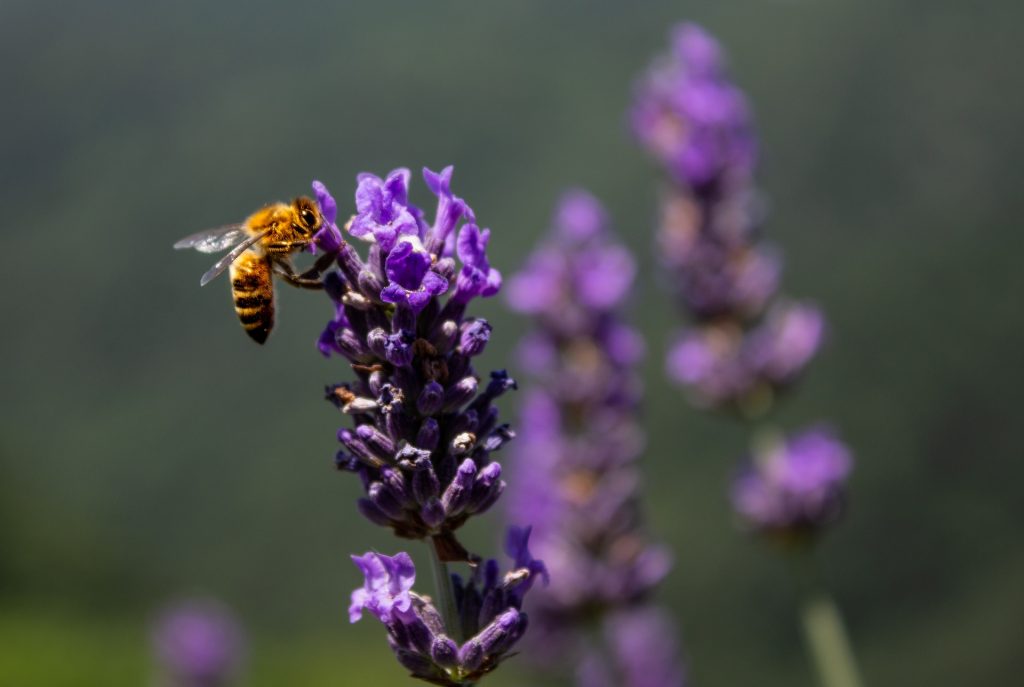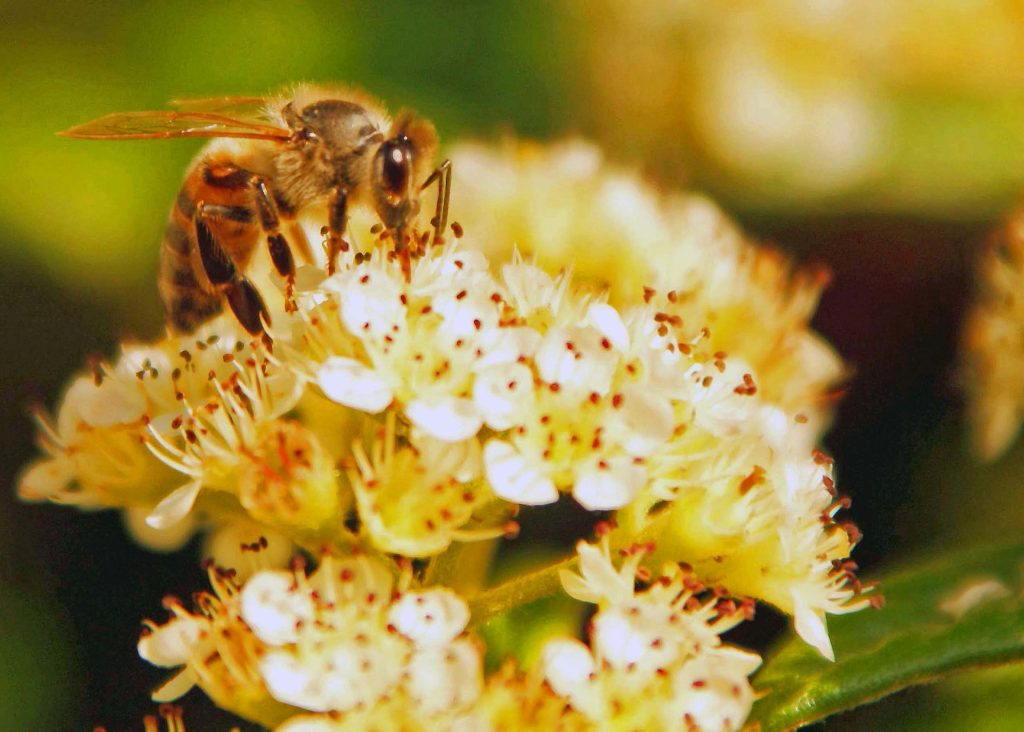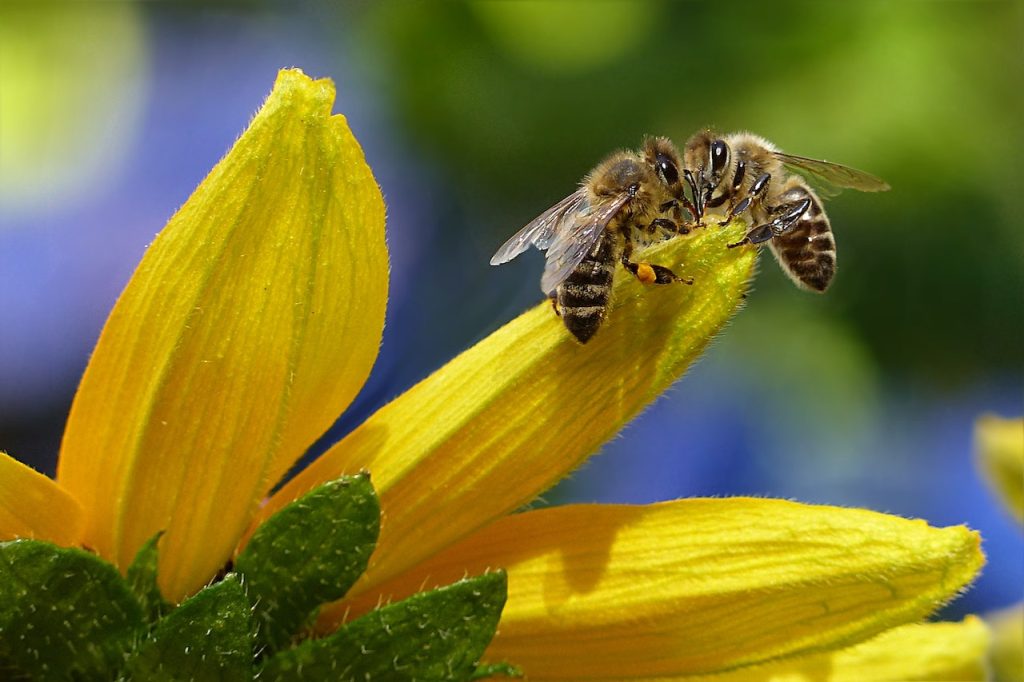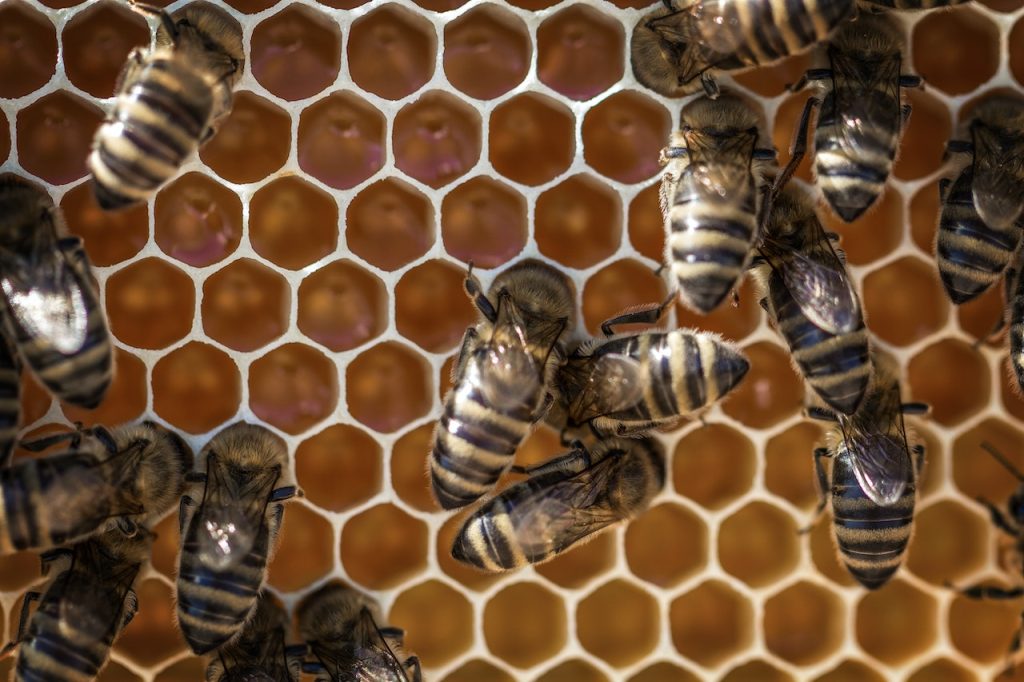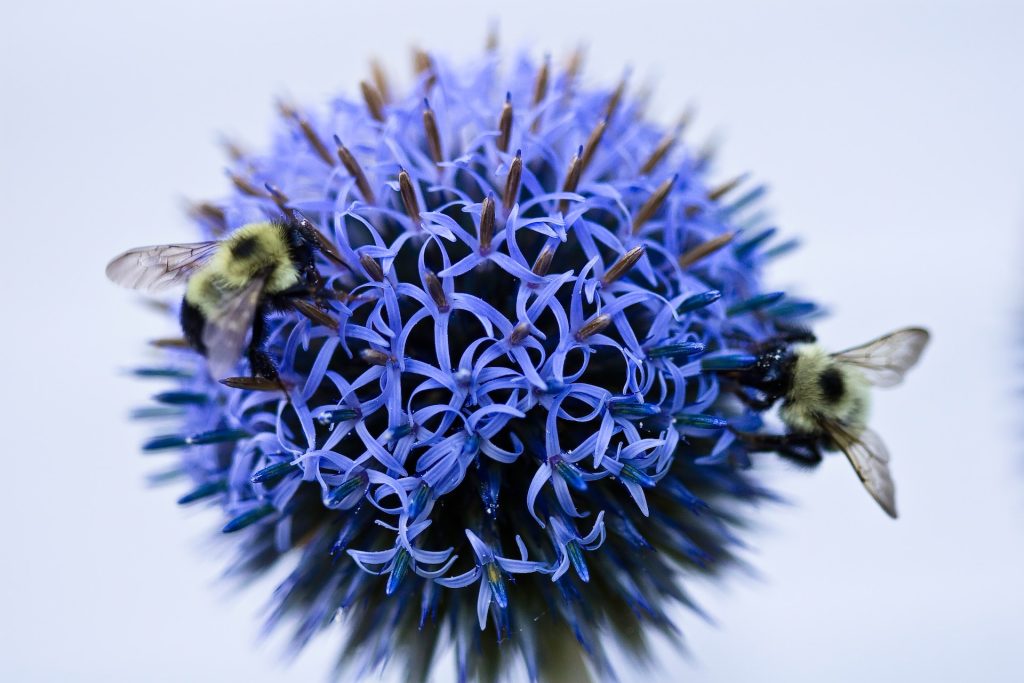The Environmental Impact of Pesticides on Bees and Other Pollinators
Bees and other pollinators play a crucial role in our food system, yet they are facing a major threat from the widespread use of pesticides. The overuse of pesticides has resulted in the decline in the population of bees and other pollinators, which can affect the growth of plants and crops. In this article, we will explore the environmental impact of pesticides on bees and other pollinators, and what we can do to protect them.
The Importance of Bees and Other Pollinators
Bees and other pollinators play a critical role in our ecosystem. They help to pollinate crops, which are vital for our food supply. Pollination is the process by which plants fertilize and produce seeds, which are used to grow new plants. Without pollinators, crops such as apples, almonds, and blueberries would not be able to grow, and our food supply would be severely impacted.
The Widespread Use of Pesticides
Pesticides are chemicals that are used to kill pests such as insects, weeds, and fungi. While pesticides can be effective in controlling pests, they can also have harmful effects on the environment and non-target organisms. The widespread use of pesticides in agriculture has had a significant impact on bees and other pollinators. Pesticides can contaminate the nectar and pollen that bees feed on, which can lead to their decline.
The Devastating Effects on Pollinators
The effects of pesticides on pollinators can be devastating. Pesticides can impair the bee’s ability to navigate, forage, and reproduce. Pesticide exposure can also weaken the immune system of bees, making them more susceptible to disease and parasites. In addition, pesticides can also harm other beneficial insects such as butterflies and ladybugs, which can have an impact on the entire ecosystem.
Taking Action to Protect Our Precious Pollinators
There are several steps that we can take to protect our precious pollinators. One way is to reduce the use of pesticides in agriculture. Farmers can use alternative methods such as integrated pest management, which involves the use of natural predators to control pests. Another way is to plant pollinator-friendly plants such as wildflowers and herbs, which can provide food and habitat for pollinators.
In addition, individuals can also take action by avoiding the use of pesticides in their gardens and lawns. Instead, they can use natural methods such as composting and companion planting to control pests. Educating others about the importance of pollinators and the harmful effects of pesticides can also help to raise awareness and encourage action.
Conclusion
The decline in the population of bees and other pollinators is a serious issue that needs our attention. The widespread use of pesticides in agriculture has had a significant impact on pollinators, which can affect our food supply and the entire ecosystem. By taking action to reduce the use of pesticides and plant pollinator-friendly gardens, we can help to protect these precious creatures and ensure a healthy and sustainable future for all. Let us all do our part in preserving the environment and protecting the bees and other pollinators that help to sustain it.

